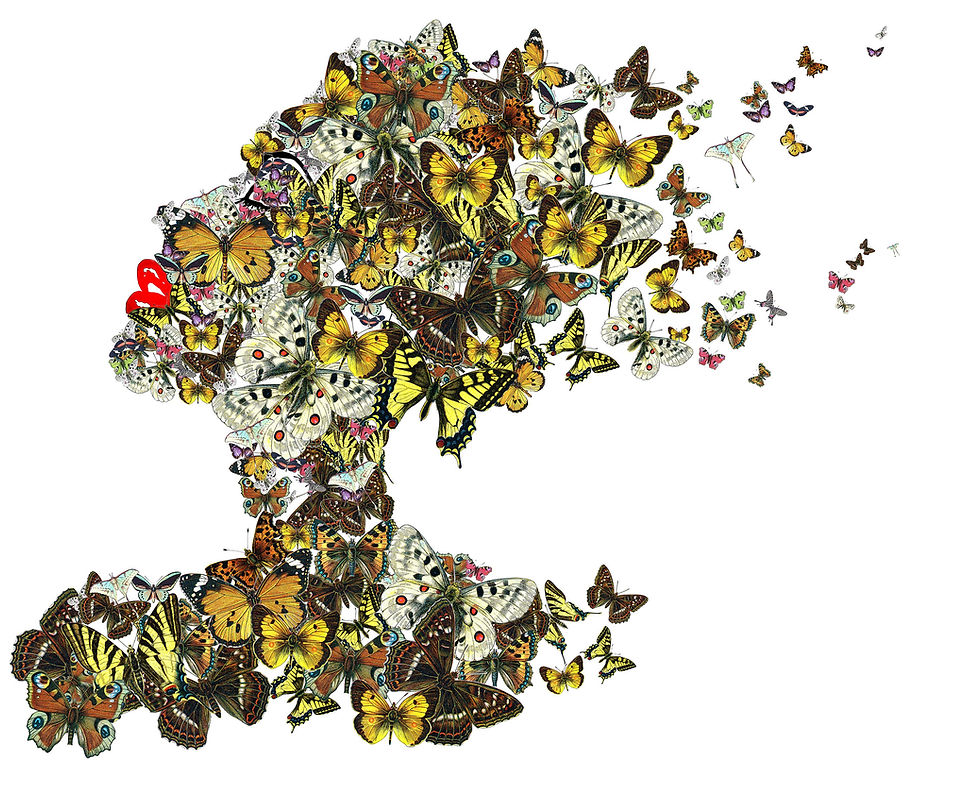Denetra Hampton Delivers Spring 2024 Pinnacle Lecture at Boston College Connell School of Nursing
- Denetra Hampton
- Apr 10, 2024
- 3 min read
Updated: Apr 21, 2024
A trailblazer of a scientific storytelling evolution and a message that advances the science of nursing while moving forward the African American nursing experience. Denetra Hampton is taking the profession of nursing to new heights.

Three key elements of scientific storytelling are education, science and research, according to Producer and filmmaker, Denetra Hampton. Elements so significant to her work that she includes them in all of her films, a critical part to the flow of her production.
On March 27th Hampton delivered the esteemed Pinnacle Lecture at Boston College Connell School of Nursing. Each semester, the Connell School brings to Boston College an inspiring leader who speaks on an issue at the forefront of health care. The work by Denetra has been invaluable to bridging gaps in inequities and advancing the science. She was invited by Dean Katherine Gregory to share her insights.
In 2018, the trajectory of Hampton's life changed when the story of The Black Angels crossed her path. The Black Angels were African American nurses legendarily known for contributing to the cure for tuberculosis at the famed hospital in Staten Island, New York, Seaview Hospital. Hampton did a documentary on Black Angel, Marjorie Tucker Reed and held true to the African American nursing experience in her research. Seaview was a tuberculosis sanatorium built in 1913 and became the home for what is still one of the deadliest diseases in our world. At the time tuberculosis had no cure and the majority of white nurses left their jobs leaving an unsurmountable nursing shortage. Black nurses stepped up and filled the gap.
Despite the social pressures of racism, segregation and denied access, black nurses migrated to Seaview looking for a better way of life for their families and an opportunity to practice as professional nurses. They became known as The Black Angels, and contributed to the cure of tuberculosis, this became their historical marker. Hampton was clear in her lecture on the importance of the African American women behind the scenes who pushed them to stay the course and ultimately move on in their education.

Hampton speaks boldly about the women in Marjorie's life who she describes as the Tucker Women, and how their representation mattered more than anything in her ability to survive and thrive in such dire circumstances at Seaview, Marjorie served 42 years before her retirement in 1988. "The Tucker Women represent not only the pillar of the African American family, but they represent a guiding force for the African American nursing experience" said Hampton.
Although the story is steeped in the ravaging deaths associated with the disease of tuberculosis, Hampton stayed true to the plight of the Black Angels and how it has created a foundation for a deeper conversation on the progress of nursing as a profession and science. In addition, she notes that tuberculosis has been written about in many forms from that era, but the African American nursing experience has not. Hampton was deliberate about staying true to the impact of black nurses over the years in nursing, medicine and public health. Her dedication has created an entire science evolution.
As with all of her work, Hampton stresses that the uncovering of a story is just the beginning in scientific storytelling. "The work begins with educating on the injustice or problem and how it has stifled the science of nursing. Being able to take the research conducted and close or bridge a gap is what advances the science. Whether we will achieve true equality for all is not an immediate concern, what matters is that leaders keep us moving forward." This is the nucleus of the movement, she explains.
Currently the experience of nursing continues to struggle with diversity. The lecture points out that it will require a new mental tone of what talent, education and leadership looks like to make impactful change. Nursing must be open for repair from outside the traditional academic walls. The evolution of scientific story telling is proof of that.
fnbn staff.



Comments